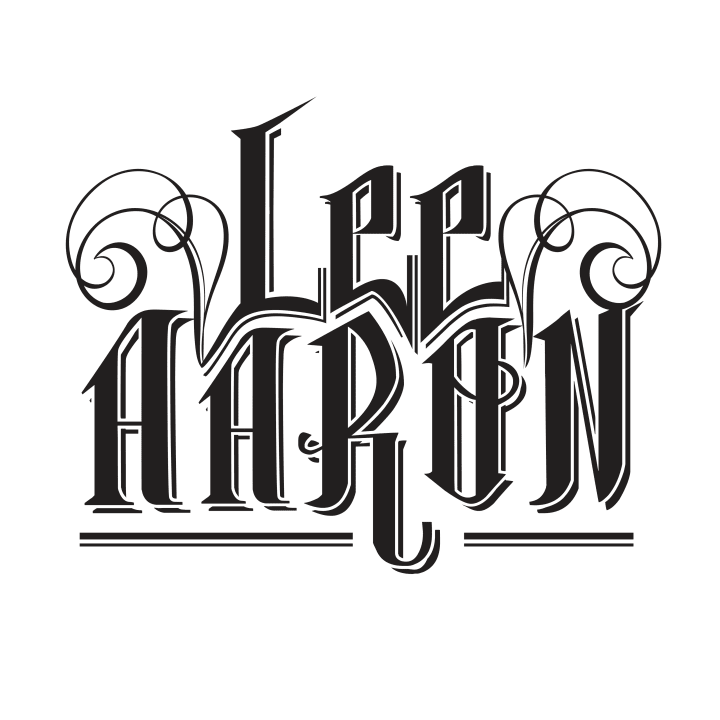In recent years Lee Aaron has found a comfortable reconciliation of her parental ideals and rock ‘n’ roll heart. Tempered by the wisdom that motherhood brings, she’s no longer concerned by the stereotyping that relentlessly pursued her since the 1984 release of her iconic album Metal Queen. Instead, she’s now able to understand why the label stuck, and can – almost cheerfully – discuss her relationship with the mythology that is actually an acute counterpoint to her fundamental artistic vision. Lee has always been an entertainer. She was singing Broadway standards in Junior High School theatre, and a recent archival DVD set includes an brief clip of her sincere version of ‘You Light Up My Life’ on local television. She joined a rock band by the time she was 15, and had already recorded and released her debut album by the time of the Metal Queen album release. That album opened doors to the rapidly-growing heavy metal subculture, and she was soon hitting stages across Canada and Europe, showcasing her excellent vocal range and technique. She was on her way to becoming a full-fledged rock star. To some listeners, ‘Metal Queen’ overshadowed her subsequent releases. She constantly emphasized to interviewers – TV, radio, newspapers, fanzines – that she was not a ‘Metal Queen’ – that the song was about female empowerment. But the message rarely got through. She turned to her art, creating the #1 single ‘Whatcha Do To My Body.’ A tongue-in-cheek send-up of the concept of objectification, the video made it all the more obvious (and fun): Aaron in unrevealing stage clothes, surrounded by beautiful, half-naked men shown in typical music video girly-style, glistening and posing unnecessarily, seductively and aimlessly selling sexuality with no real connection to the singer. The song was a huge hit – but the message didn’t drive home.
Her records subsequent to ‘Metal Queen’ show wide artistic range and a stunning diversity. Collectively, they offer ample evidence that she is far more than a one-dimensional metal diva. Over the next decade, she received 10 Juno nominations, a Much Music Best Video Award, a pair of Best (Toronto) Female Vocalist Awards, and a CMPA Songwriters Award.
BodyRock went multi-platinum, and was voted one of the 20 most influential albums of the decade by Chart Magazine. The same magazine later listed such diverse musicians as Avril Lavigne, Alanis Morrisette and Shania Twain as all being “under Aaron’s influence.” Having reconciled her Metal Queen image with real life, she understands her audience has matured with her. ‘Metal Queen’ is now more than just a rock chick shouting an anthem line to her fans – it belongs to a girl who grew up, and now embraces motherhood, music and life, with all its diversions and challenges, setbacks and joys. The song itself is an innocent postcard, a rocking memory from a time and a place that Lee Aaron and her fans shared together; maybe even a reflection of our collective memories of youth and promise, optimism and ideals. It is a celebration of our staying power, and the people we have become. We may be older, but we still know how to have fun!
In 2013 Lee Aaron met Sean Kelly (Canadian author and guitarist for Nelly Furtado) and the two became fast friends. Lee contributed an interview to Kelly’s historical book about Canadian hard rock and heavy metal, entitled Metal On Ice and over the course of the book and subsequent companion cd, the two discovered they had a lot in common musically. They began bouncing song ideas back and forth and before long, with several tunes Lee had already written for a planned rock album, they had enough material for an entire original CD. Lee headed into the studio with Sean and her live band, Dave Reimer (bass) and John Cody (drums) and by late summer 2015 all the finishing touches on a brand new rock album were completed.


